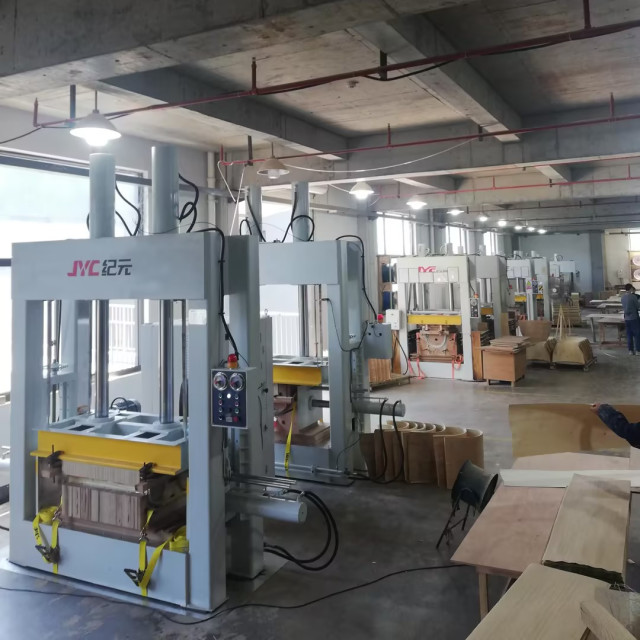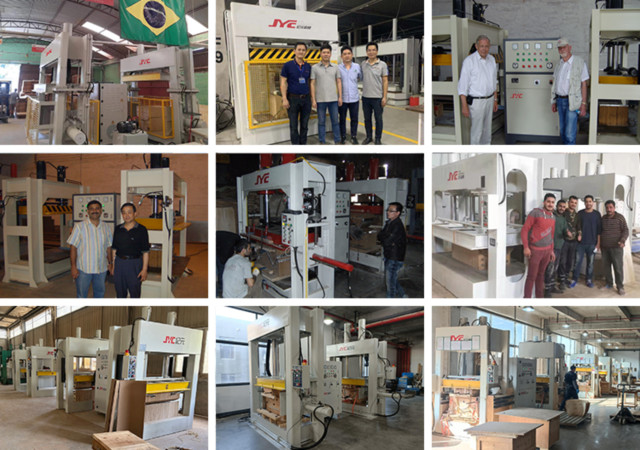
What Makes High Frequency Bending Wood Press More Competitive In The Market?
2024-02-29 16:27Actually, high frequency wood bending machines have more advantages than traditional methods of wood bending. For the furniture manufacturing market, radio frequency wood bending machines can highly increase production efficiency. That is a big point.
Advantages of HF Wood Bending Machines:
Precision: High frequency plywood bending machines offer unparalleled precision in shaping wood due to their advanced technology. They can bend wood with high accuracy, ensuring consistency in the final product.

Efficiency: These machines are highly efficient, significantly reducing production time compared to traditional methods. They can bend wood quickly and consistently, thereby increasing overall productivity.
Versatility: RF wood bending machines can bend various types of wood, including hardwoods and softwoods, as well as composite materials. This versatility makes them suitable for a wide range of applications in industries such as furniture manufacturing, construction, and interior design.
Reduced Waste: By minimizing errors and producing precise bends, these machines help reduce material waste, ultimately leading to cost savings for manufacturers.

Environmental Benefits:
Energy Efficiency: Radio frequency wood bending machines typically consume less energy compared to traditional steam bending methods, making them more environmentally friendly.
Reduced Chemical Usage: Unlike some traditional wood bending techniques that require the use of chemicals for steaming or treating the wood, high frequency wood bending machines operate without the need for such additives, reducing environmental impact.
Cost Savings:
Labor Efficiency: By automating the wood bending process, HF machines require fewer manual labor hours, leading to cost savings for manufacturers.
Long-Term Investment: While the initial investment in an RF wood bending machine may be higher than traditional methods, the long-term cost savings through increased efficiency, reduced waste, and lower maintenance costs make it a financially sound investment for businesses.
In conclusion, high frequency wood bending machines offer numerous advantages over traditional methods, including precision, efficiency, versatility, environmental benefits, and cost savings. As technology continues to advance, these machines will likely become even more efficient and affordable, further revolutionizing the wood bending industry. Businesses that invest in high frequency wood bending machines can enhance their productivity, reduce waste, and produce higher-quality wooden components, ultimately gaining a competitive edge in their respective markets.

